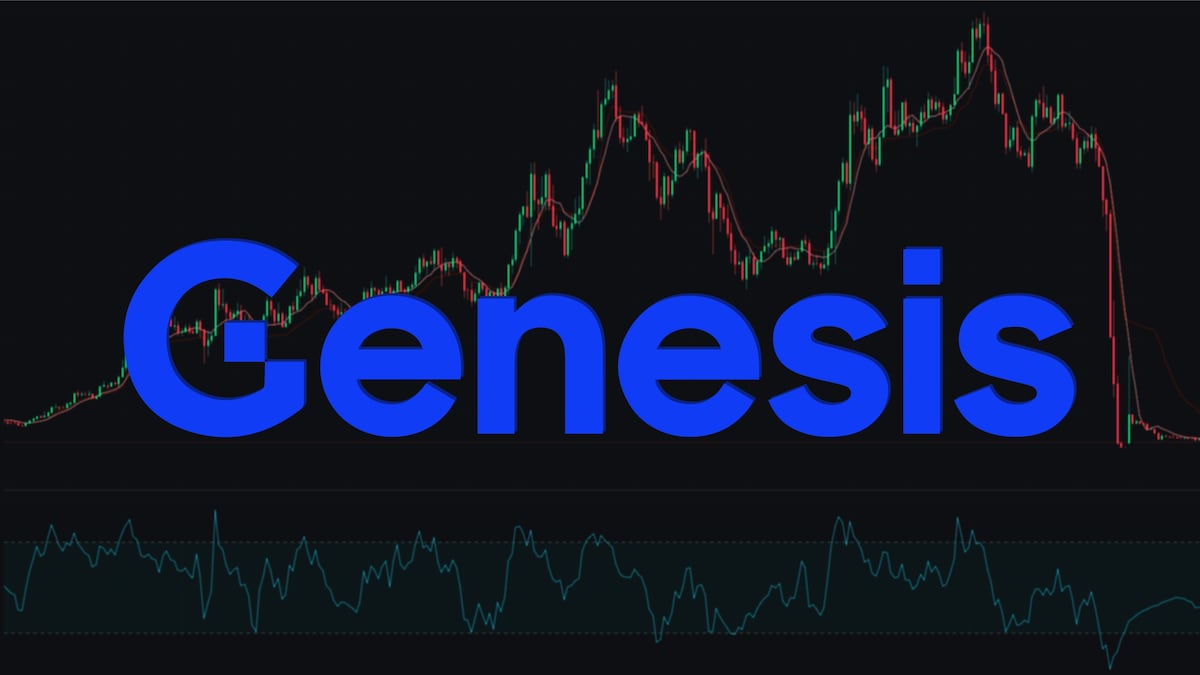- A majority of Genesis creditors have objected to a proposed bankruptcy plan.
- Creditors have been frozen out by Genesis and have challenged its exclusive right to negotiate a deal.
- Thursday’s lawsuit against Genesis, parent company DCG, and Gemini by the New York State Attorney General was welcomed by creditors seeking answers.
The Genesis bankruptcy is at an impasse as creditors say the bankrupt crypto lender is using oppressive tactics to force a deal.
Genesis, which is owned by Digital Currency Group (DCG), filed for bankruptcy in January owing at least $3.4 billion to creditors. It initially tried to conduct a prepackaged bankruptcy by negotiating the terms of its plan before filing for Chapter 11, but this was unsuccessful. Now, nearly ten months later, creditors object to Genesis’ exclusive rights to negotiate a bankruptcy plan and are proposing an alternative path forward.
The Fair Deal Group, one of the Genesis creditor groups, requested the Southern District of New York’s bankruptcy court end Genesis’ exclusivity on Thursday.
“The only thing standing between a confirmed plan and an exit to these Chapter 11 cases is the Debtors, and their exclusive right to file a plan,” The Fair Deal Group said in a filing on Thursday.
The group called Genesis’ proposed plan “dead on arrival,” as it would exempt Genesis executives from further litigation and would not sufficiently meet their demands. The negotiations between themselves, fellow creditor groups the Ad Hoc Group, Gemini, and other creditors led to “widespread agreement on all issues necessary to exit bankruptcy.”
Those points included an agreement on how the estate’s assets would be distributed. An agreement on a term sheet for any potential deal with DCG was also reached, which laid out “critical” financial terms the creditors would accept.
The final point laid out contingency plans in the event that DCG declined to accept the offer. The groups agreed to reject any “agreement in principle,” and instead take no deal if they weren’t happy with the terms proposed. This would give the creditors the opportunity to begin litigation against DCG instead.
The Ad Hoc Group, one of the largest creditor groups, collected signatures from individual creditors expressing support for the above points. The signatures represented an “overwhelming supermajority of creditors,” the filing proposed by the Fair Deal Group said, adding that they account for “over 80% of every single class.”
Genesis received details of the proposed plan on October 6 but failed to implement the creditors’ group plan.
“Instead, since October 6, the Debtors [Genesis] have resorted to tactics that would make a Kafkaesque bureaucracy proud,” The Fair Deal Group filing said.
In a statement to DL News, Genesis said it “continues to focus on maximising recoveries for creditors in its Chapter 11 cases.”
DCG did not immediately respond to requests for comment.
Sweeping litigation
On Thursday, New York Attorney General Letitia James sued Genesis as well as Digital Currency Group and the Winklevoss twins’ crypto exchange Gemini. Genesis’s former CEO, Michael Moro, and DCG CEO Barry Silbert were also sued as part of the action.
The attorney general said the firms defrauded more than 230,000 investors, almost 30,000 of them New Yorkers, of more than $1 billion.
Gemini, Genesis, DCG, and Barry Silbert have all refuted the claims and stated their willingness to fight the matter in court.
Genesis said the NYAG informed the firm of its intention to file the lawsuit “late yesterday.” While it said there is “no basis” for the state’s claims against Genesis, it has been “cooperating with all authorities and intends to continue doing so.”
In a statement, Genesis claimed the NYAG has “risked significant harm to Genesis’s creditors” by rushing to file the lawsuit, and said it has expressed the reasons to the attorney general’s office “on multiple occasions.”
One direct creditor, who is a member of the Ad Hoc Group and the Fair Deal Group and asked to remain anonymous, wrote to the bankruptcy judge on Friday to bring the NYAG lawsuit to his attention.
“The lawsuit details blow-by-blow how Genesis as directed by their corporate parent DCG wilfully defrauded us,” the letter seen by DL News said.
The NYAG has “done all the hard work for us,” the creditor told DL News.
Other issues the creditor raised include Derar Islim’s continuing role as interim CEO of Genesis and the “forceful push” by Genesis and the official creditors committee towards a settlement. The current deal proposed is “basically a restructuring of the money DCG already owes us, but accompanied by full releases from fraud for Genesis management and DCG,” the creditor said.
Contrast with FTX
The Genesis bankruptcy process stands in stark contrast to the FTX bankruptcy.
Attorney General James’ lawsuit “validates in exquisite detail with emails and meeting notes how I and other Genesis creditors were defrauded by Genesis and DCG, in much the same way the FTX customers had their money stolen by Sam Bankman-Fried,” the Genesis creditor told DL News.
Sam Bankman-Fried is currently on trial charged with orchestrating a scheme to defraud investors in FTX. The US Securities and Exchange Commission said he concealed the diversion of FTX customer funds to crypto trading firm Alameda Research, which he also co-founded.
One major difference between the cases is the presence of John J. Ray, who joined FTX as CEO in November 2022 to oversee the firm’s bankruptcy process — which he called “the most challenging financial disaster” he has ever seen. Ray had previously been the bankruptcy lawyer in charge of the liquidation of Enron in the mid-noughties.
Failed lender Celsius took a similar approach, with Chris Ferraro taking over from Alex Mashinsky after the crypto lender filed for bankruptcy.
In the Genesis case, however, there has been no change, with Derar Islim continuing to serve as interim CEO throughout the process.
A recent agreement between debtors and creditors could see FTX and FTX US customers collectively receive over 90% of their funds back.
Meanwhile, Genesis creditors are at an impasse.
Adam Morgan McCarthy is DL News’ London-based Markets Correspondent. Got a tip? Reach out at adam@dlnews.com.


